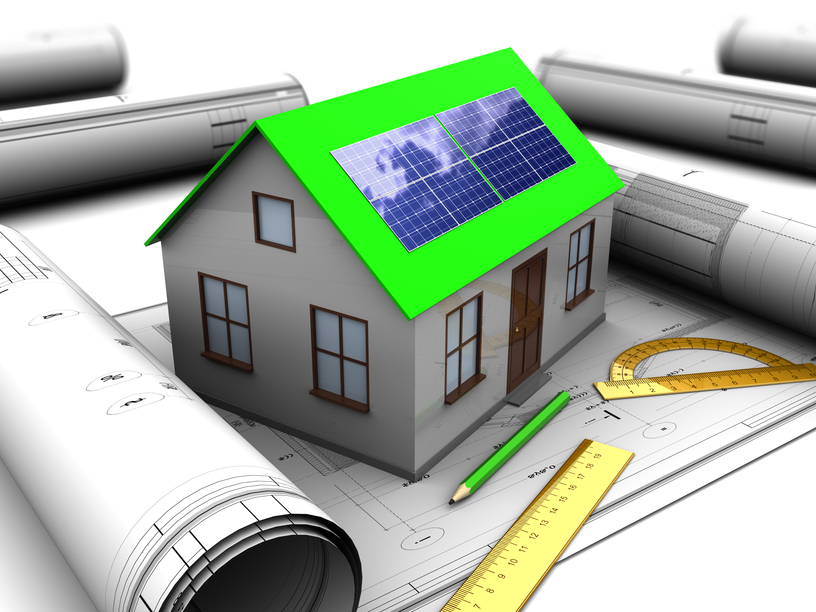Smart homes are becoming more and more common these days, and home builders are incorporating technologies that didn’t exist even 10 years ago. Here’s a few of the technologies coming to a home near you, and how they’ll make your life easier.
Smart Thermostats
Smart thermostats are special heating and cooling control devices that can automatically change the temperature in your home based on presets or your behavior. They can also be manually changed by turning a dial or changing the temperature on the device or via remote control on your smartphone, tablet, or other mobile device or computer.
Smart thermostats, like the Nest, have become very popular in recent years because of their ability to reduce heating and cooling costs without noticeable differences in comfort for users. With energy costs rising, most homeowners welcome the idea of a high-tech solution to energy bills and are implementing these kinds of controls in their own homes.
Smart Security Systems
Smart security systems help protect your home from invasion and protect your family from being terrorized. Most of the newer systems on the market employ multiple redundancies and backups so that, even if the power goes out (or were intentionally cut), you would not lose your security system.
Systems that employ whole-house monitoring sometimes also allow for remote monitoring via a smartphone or tablet. In these systems, the user is given a secure channel to connect to the security system. This might be a link to a secure or private webpage or an app that connects to the security system.
If your system is connected to a police or fire and rescue service in your locale, then emergency services can be contacted in case of a break-in or a fire. Most smart security systems are designed to be multi-functional. In other words, they’re designed to protect you from a wide range of threats, not just burglars.
Smart Heater Vents
Smart heater vents help you stay warm or cool, depending on the time of year. A smart vent will open or closed based on the ambient room temperature and occupancy. This means that the home’s temperature is effectively regulated based on whether someone is in the room or not.
This kind of innovation will help even out the temperature in the entire house, directing heat or air conditioning away from rooms that don’t need it and to rooms that do so that you’re not too hot or too cold.
Temperatures can also be controlled based on the time of day. So, for example, if you generally like it warmer in the kitchen in the morning, you can have the vents open up in the morning in the kitchen, but close upstairs in the bedroom or in other rooms that you don’t use.
At night, you might want the vents opened up in the living room where you spend most of your time. This technology typically has two different components. The first is a replacement heating vent or a retrofit for existing vents, and a special sensor.
The vent contains an actuator that move the vents automatically for you. The sensor monitors air temperature and communicates with the actuator to move the vents as needed.
Smart Electrical Outlets
This is probably one of the more amazing innovations in smart home design. With smart outlets, you can plug any appliance or light, electronic device, or anything else into the outlet and control it remotely. For most devices, this means you’ll be able to shut them off when you want to. But, also, you’ll be able to turn them on – even when you’re away. The uses for this are endless.
Let’s say you want to be able to turn on the lights before you get home, but you’re not sure when you’ll be home. You can operate the lights in your home using your smartphone, turning them on before you arrive so that the interior lights are there, welcoming you. But, you can also turn on the porch lights, if you want to. A warm welcome and you won’t have to burn the electricity when you don’t need it.
Smart Appliances
In addition to the smart outlets, smart appliances “sense” the power usage they need and adjust accordingly. And, as power companies update the grid, these devices will help reduce the amount of energy used, while also increasing the efficiency of the appliance.
No wasted resources and a lower power bill.
Ryan deMoore is a builder by trade who is currently in the process of renovating his home. Always interested in technology and the latest gadgets to come on the market he is enjoying seeing how Smart Home tech is becoming more mainstream now.



